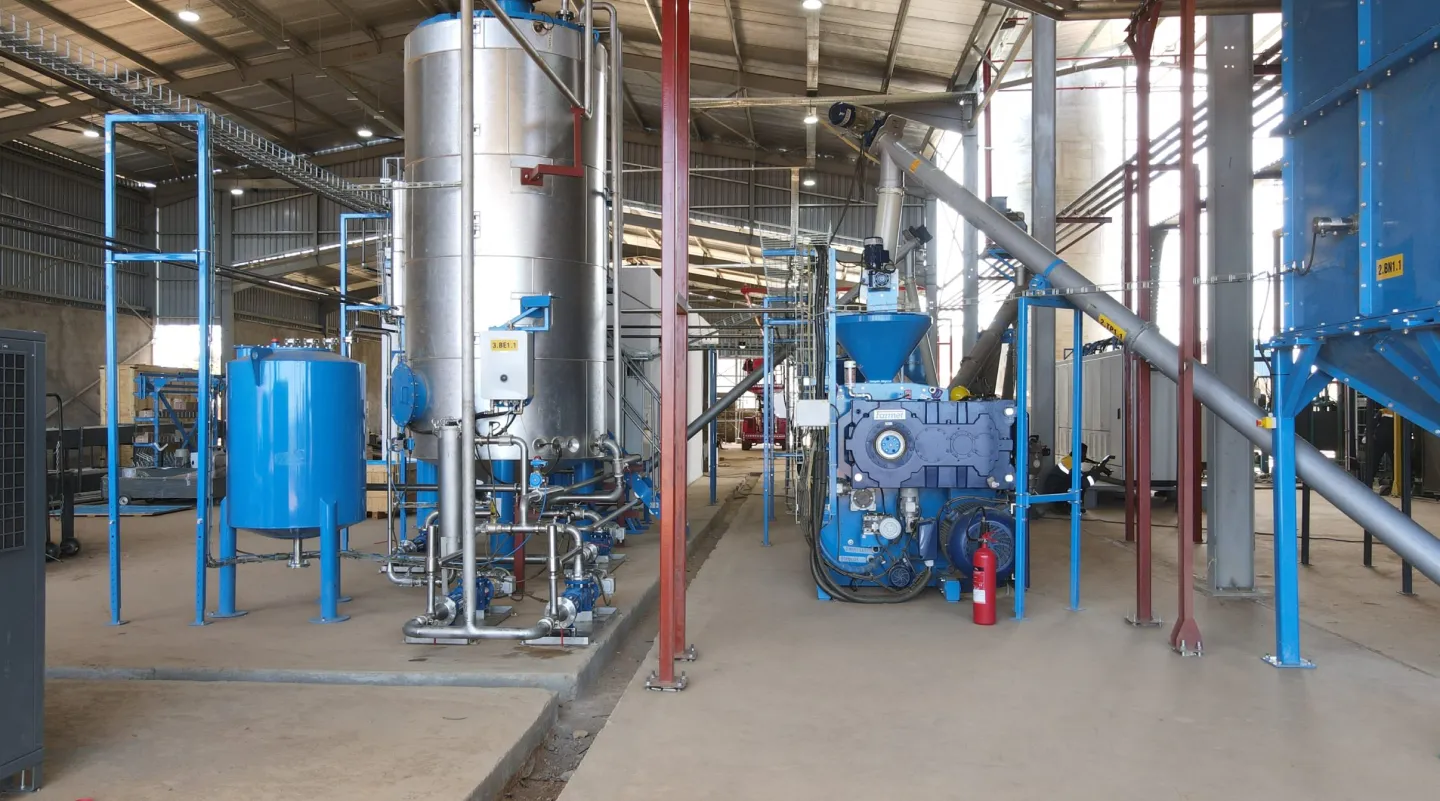missing namespace
The value chain
In the value chain, the production of raw materials for biorefining converges in a symphony of interconnections between the local community and the international market: starting from a seed, through our proprietary technologies, we access to a new energy that can contribute to a more sustainable mobility.
Agri-hubs
The agri-hubs, where collection and pressing activities are carried out and agricultural seeds come together, are the fulcrum of the value chain process.

The example of Wote
Agricultural products are processed in the oil extraction lines. From here, two products are obtained: oil, which is sent to ports to reach Eni biorefineries as agri-feedstock, and valuable by-products that can be used for the production of feed and fertilizers.
Not only seeds
The recovery of waste raw materials, such as used cooking oils, animal fats, and other biomasses, is a key component in the production of biofuel.
Market access
Eni guarantees local people access to the market for oil production through the agri-hub network, ensuring their withdrawal.
A part of a large system
This is just one of many journeys which winds its way along the supply chain road.
The journey continues
To increase the vegetable oil share for the biorefining, Eni has extended its collaboration network with countries for agri feedstock projects. In addition to Kenya, Congo, Angola, Mozambique and Côte d’Ivoire. Other countries of interest include Vietnam, Kazakistan and Italy might be.
